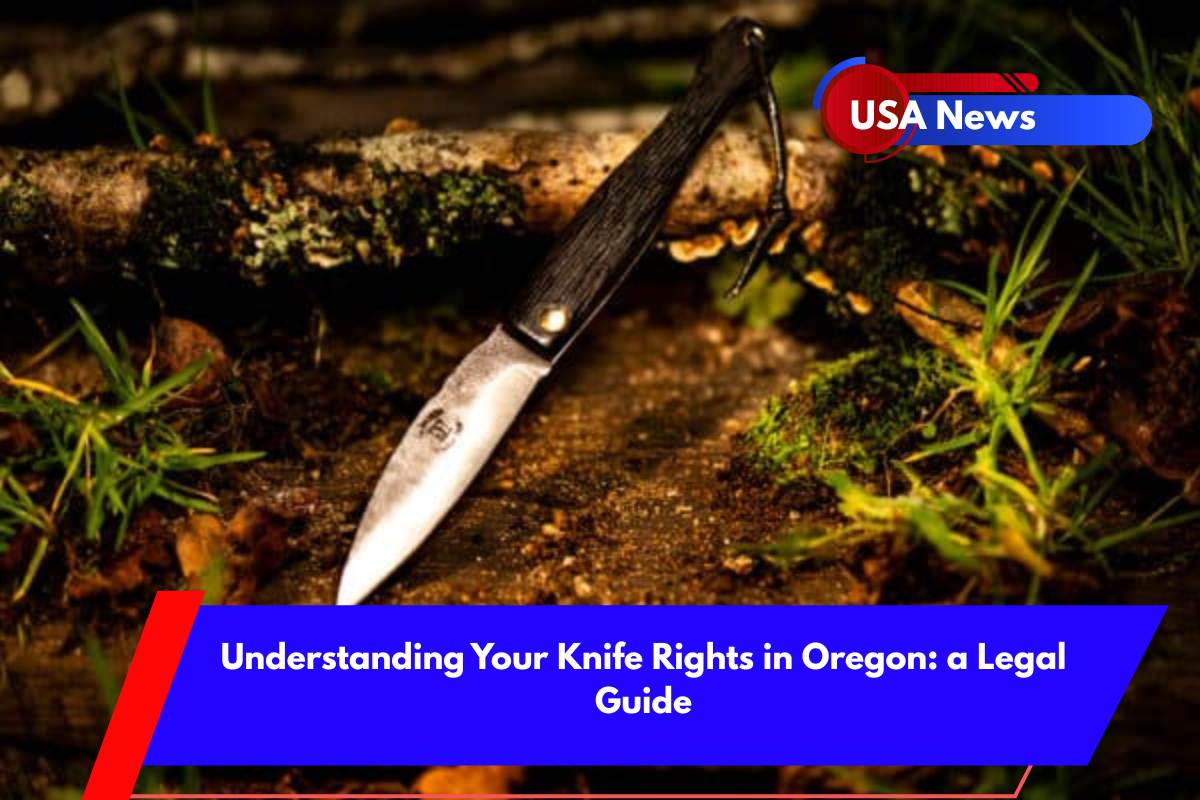During a traffic stop in North Dakota, police generally cannot search your phone unless certain legal exceptions apply. The Fourth Amendment of the U.S. Constitution protects you from unreasonable searches and seizures, meaning police usually need a warrant, your consent, or a recognized legal exception to lawfully search your phone.
Key Legal Principles and Exceptions
Warrant Requirement: Police must obtain a warrant to search the contents of your phone. The warrant must be based on probable cause and specifically describe the place to be searched and the items to be seized.
Consent: If you voluntarily consent to a search of your phone, police can search it without a warrant. However, you are not required to give consent, and you have the right to refuse.
Search Incident to Arrest: While police can search your person and immediate surroundings after an arrest, the U.S. Supreme Court ruled in Riley v. California (2014) that this exception does not generally apply to cell phones. Police cannot search the contents of your phone just because you are arrested; a warrant is still required for a full search.
Exigent Circumstances: In rare cases, if there is an immediate threat to safety or risk of evidence destruction, police might conduct a limited search without a warrant. However, for cell phones, courts have been very restrictive about applying this exception.
Plain View: If information is visible on your phone’s screen without any further action by police, it may be admissible under the plain view doctrine, but this is limited and does not allow police to unlock or scroll through your device without a warrant.
North Dakota Specifics
Consent is Voluntary: Police often ask for consent to search your phone or vehicle. You have the right to refuse, and refusing consent does not give police the right to search without a warrant or probable cause.
Recording Police: North Dakota is a one-party consent state, meaning you can record police interactions as long as you are part of the conversation and do not interfere with their duties. This can help protect your rights if a dispute arises.
Sources:
1. https://www.duseklaw.com/blog/2024/07/traffic-stops-can-lead-to-illegal-search-and-seizures/
2. https://digitalcommons.pace.edu/cgi/viewcontent.cgi?article=1931&context=plr
3. https://scholarship.law.edu/cgi/viewcontent.cgi?article=1137&context=scholar













